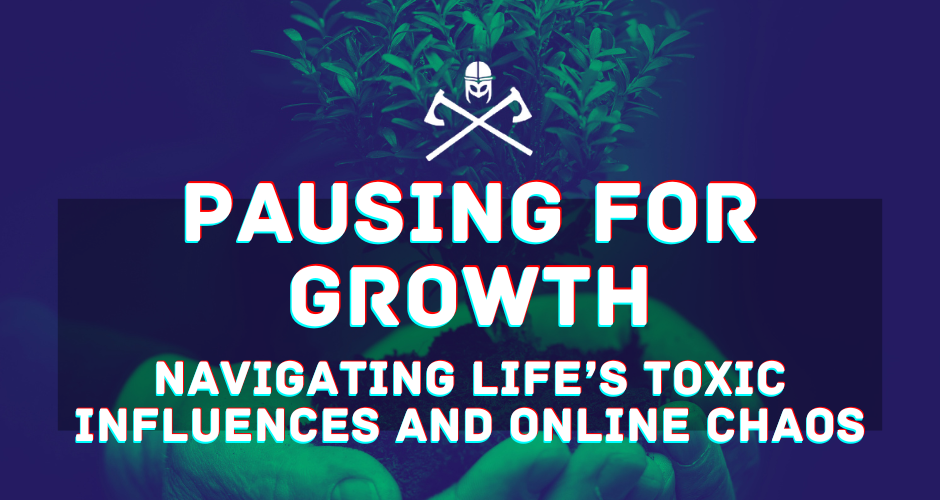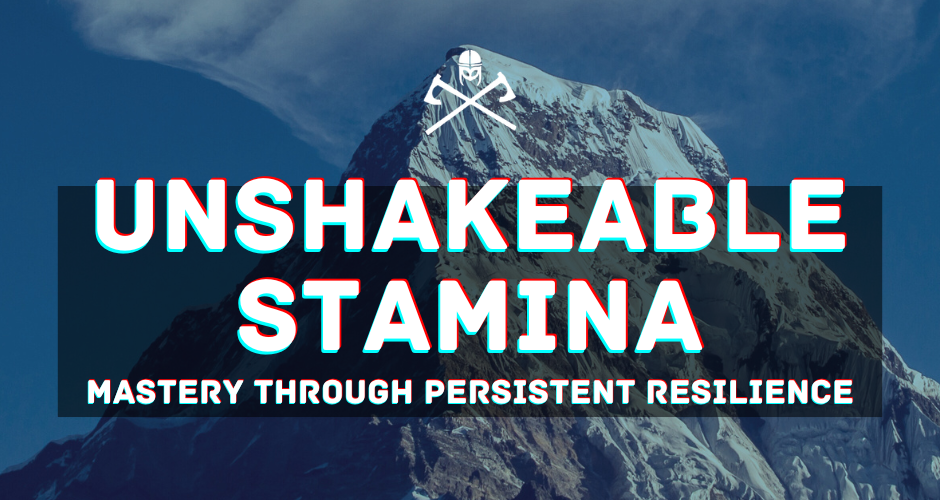
by Gene Crawford | Jul 7, 2025 | Podcast
This episode tackles the spectacle of performative masculinity and the rise of man-fluencers like Liver King, Wes Watson, and Jack Donovan. We expose the marketing behind ancestral tenets, supplement empires, and controversial ideologies. From Liver King’s arrest to Jack Donovan’s far-right leanings, we question what’s real versus contrived. We highlight the contrast between performative posturing and authentic growth, featuring a post from Kelvin Davis as a grounded example. We also critique how workouts like Murph get hijacked by social media. Wrapping with a wild gorilla-versus-humans debate, this episode blends serious critique with humor to explore what masculinity really means today.
(more…)

by Gene Crawford | Jun 30, 2025 | Podcast
In this episode, Aaron and I explore how AI is reshaping motivational content, from remixed clips of figures like Huberman and Dispenza to imagined mashups of Steve Jobs and Tony Robbins. We dive into the evolution of motivational media, questioning whether AI-enhanced messages empower or dilute the core message. Using stories like the Outdoor Boys’ content remixing, we examine what this means for creators and consumers. The takeaway: motivation has gone digital, but action still matters most. Whether crafted by humans or algorithms, the real growth comes when we turn inspiration into effort and move beyond passive consumption into real-world application.
(more…)

by Gene Crawford | Jun 16, 2025 | Podcast
Let’s unpack the power of intentional pause—how stepping back from distractions, toxic relationships, and the nonstop grind can spark surprising clarity and personal growth. Inspired by Mark Manson and grounded in real-life stories, we explore setting boundaries, embracing silence, and knowing when to walk away, or dig in. From parenting lessons to internet drama, we tackle the mental toll of energy drains and the value of strategic thinking in both relationships and work. Humor meets hard truths as we confront chaos, cut through the noise, and find strength in choosing peace over performance.
(more…)

by Gene Crawford | Jun 2, 2025 | Podcast
In this Debrief episode, we kick off with the bizarre trend of men shaving their eyelashes, a quirky gateway into a deeper discussion about how AI might be dulling our problem-solving and empathetic abilities. From there, we confront social media’s culture of complaint, emphasizing the value of personal accountability and small, consistent action. Shifting to leadership, we question the obsession with KPIs, advocating instead for empathy-driven innovation. Finally, inspired by figures like Anthony Mackie, we explore modern masculinity, physical readiness, and the power of using digital platforms for growth. Tune in for sharp insights on staying human in a hyper-digital world.
(more…)

by Gene Crawford | Apr 21, 2025 | Podcast
What if the key to outlasting the talented isn’t more talent, but something far less flashy, stamina? Stamina is the quiet, often-overlooked edge that keeps you moving forward when the spotlight fades. It’s the parent who stays engaged after a long day, the entrepreneur pushing through setbacks, and anyone willing to face the daily grind head-on. In this episode, we break down the real meaning of stamina and how to train it, by building grit, focusing on consistency over results, and developing micro-habits. Learn to cultivate lasting resilience and discover why stamina outlasts hype, motivation, and even raw talent.
(more…)





